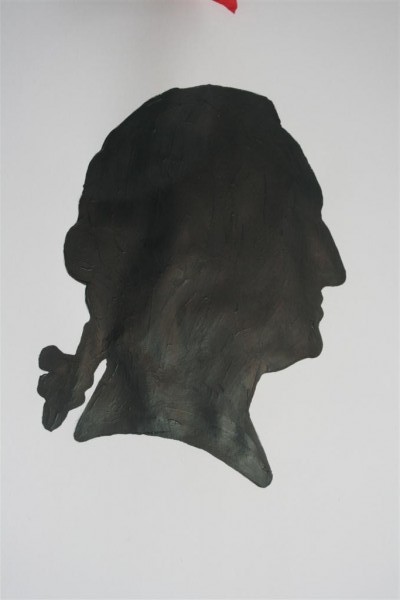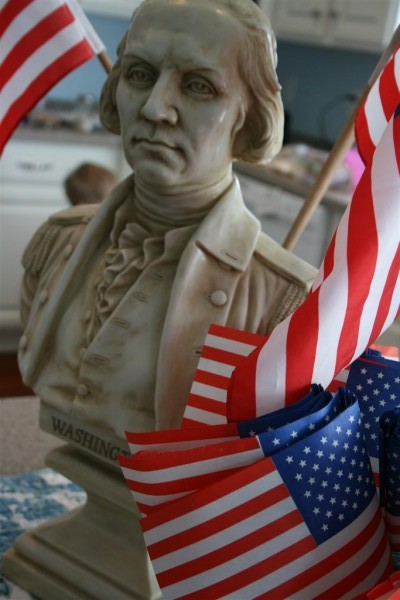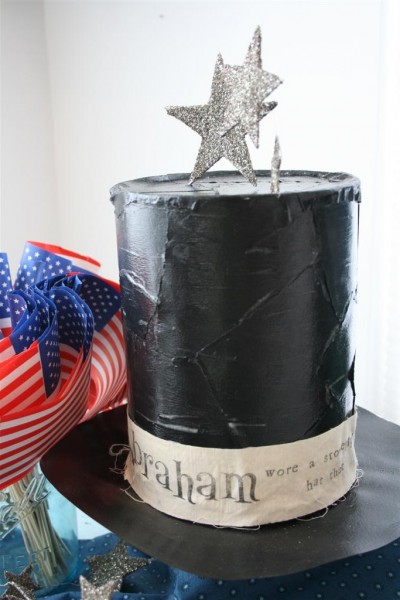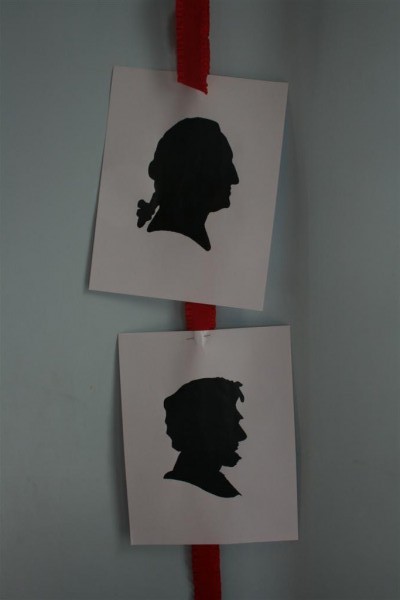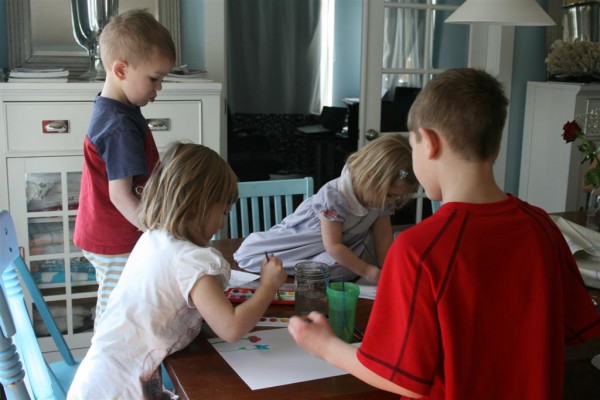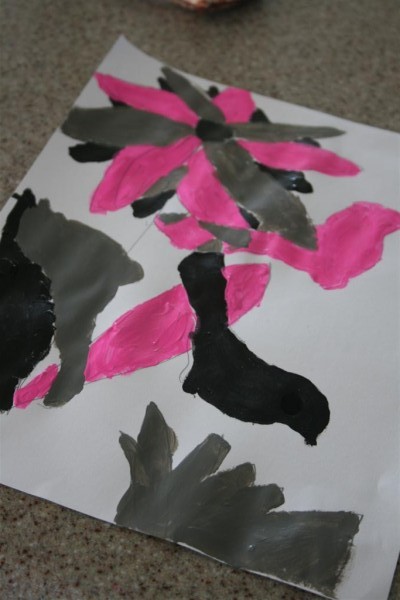In many ways this is a Thanksgiving post, but I intentionally chose to save it for now.
I’ve been thinking about how we pause on Thanksgiving day to take note of the Pilgrims who first settled in what would become the United States of America. We pause and consider the difficulties of their lives and their dedication to vision. We pause to give thanks for blessings we regularly number and to acknowledge blessings which we may not recognize but enjoy daily. We remember that daily bread is a gift, and daily breath is complete mercy. We pause to put simple gifts on our lists of things worth treasuring. We pause to pray for grateful hearts.
And then we get up the next morning and it’s full speed ahead, stressing about money and things, trying to do more and be more. All of the things that were sufficient for Thanksgiving somehow aren’t sufficient in the face of the looming Christmas holiday.
I know I’m generalizing here, but I think we all feel a little bit of these feelings. We go from celebrating abundance to living in scarcity; if not a scarcity of resources then a scarcity of time, at least. What was, a week ago, great wealth on so many levels becomes insufficient solely because the calendar changed. I want to learn how to carry Thanksgiving forward and let it set the tone for our Christmas observance.
Each November I am drawn to a particular book on my shelf. It’s William Bradford’s History of the Plymouth Settlement from 1608 to 1650. If I don’t have time to re-read it every year, I at least skim it and read some of my favorite passages. I am always struck by how similar their lives were to mine. Undoubtedly technology and many other things have changed, but this history reminds me that God has set up mortality to test us in similar ways no matter what age we live in. I recognize in Bradford’s account many of the same things we deal with today: trying to stretch our resources to meet our needs, dealing with varying levels of commitment to principles on the part of people who belong to the same organization, frustration over money, dealing with creditors, facing personal opposition in the form of illness and loss. They may seem old and so very different to us, but I believe we have a great deal in common.
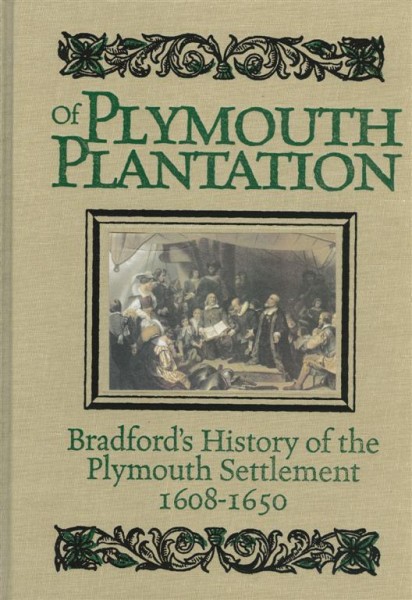
One golden thread that weaves itself through this book is Bradford’s conviction that their settlement was preserved by God, that they were recipients of his mercies and blessings just as the children of Israel were in Old Testament times. They believed that their experience in coming to the new world testified of God’s goodness and providence. They further believed that the difficulties through which they passed, the times when they were stretched to their extremities and needed a miracle would only serve to make God’s handwriting more plainly visible to future generations. Bradford wrote, “God, it seems, would have all men behold and observe such mercies and works of His providence as towards His people, that they in like cases might be encouraged to depend upon God in their trials, and also bless His name when they see His goodness towards others.
Man lives not by bread alone.
It is not by good and dainty fare, by peace and rest and heart’s ease, in enjoying the contentment and good tings of this world only, that health is preserved and life prolonged. God in such examples would have the world see and behold that he can do it without them; and if the world will shut its eyes and take no notice of it, yet He would have his people see and consider it.” (Of Plymouth Plantation, 320, emphasis added) I hope you’ll take the time to read that quote a few times and really digest its message. I’ve been reading it for years and still find new meaning and motivation in it. In fact, this year I decided that if I can memorize the page number that it’s on, I should probably just memorize the entire quote. And so I have, and I’ve been repeating to to myself often in the past few weeks. The words, “He can do it without them” have echoed in my mind in recent weeks.
Honestly, anyone who has the technology to read this post has likely been blessed so richly that we really know nothing of the physical suffering that Bradford and his community suffered. I feel like I am part of a generation that hasn’t really been stretched by severe trials, wars, or widespread suffering. That said, I also believe that God has a way of stretching us individually until the fibers of what was previously comfortable grow thin and begin to show gaping holes. Many of us are learning to do more with less for the first time in our lives. But regardless of our challenges, it is true that if we have the sense to look back at history and consider the countless times when people have endured and ultimately triumphed, we find greater strength to continue our own journey.
I worry that the great stories of the past are slipping from our collective memory, leaving us bereft of their power to propel us through current trials and on to greatness.
These are the thoughts that have followed me through Thanksgiving and into the Christmas season. I have found myself pondering how our Christmas celebration influences our ability to recognize, as Bradford did, just how much God can accomplish without the earthly tools and lifestyles we depend so much upon. This holiday, a celebration of the miraculous circumstances of His birth, testifies of the greatness that can come from the lowliest of beginnings.
I’ve been asking myself a lot of questions. Without intending to, am I communicating to my children that we need “good and dainty fare, peace and rest and heart’s ease, [and enjoyment] of the contentment and good things of this world” in order to have health preserved and life prolonged? Am I finding ways to teach them that man lives not by bread alone, and that God can fill our lives with abundance without the latest and greatest? I’m listening closely for the answers, for small ideas that might help me tip the scale in the direction I desire.
I want our celebration of Christmas to be something that my children could re-create in their hearts even without modern possessions or conveniences. I want them to be able to call up not things but feelings, powerful stories, testimonies, and memories of times when we warmed ourselves by the fire of God’s grace and tender mercies. I am placing more emphasis on what we’re reading, what we’re talking about, what we’re listening to, and less emphasis on what we’re giving or receiving.
I want my children to know, absolutely know , that God can accomplish anything in our lives regardless of what we have.
I want them to be well-equipped with the ability to live a rich and happy inner life no matter what befalls them.
Today I attended the funeral for a man I know who slipped from this life on Thanksgiving Day. I watched his wife, now a widow, and their three young children. As we stood at the side of his casket I watched his three year old daughter run to us, squeeze through the line and stand there hanging on the side of the casket. As she stood on tiptoe trying to peek at her daddy my heart ached for the journey this family will now walk without husband or father to guide and protect them. I wondered, as they face this tremendous loss, what shapes and forms of abundance will enter their lives, gifts from a loving God to bless and help compensate. I thought to myself, “I guess that God can do what he needs to do in their lives without a husband or father physically with them.”
As I said, the words “he can do it without them” have echoed in my mind for the past month. I keep coming back to all that they imply. I keep thinking that I’ve got to learn how to see daily life in those terms. I’ve got to see, not the scarcities, but the opportunities to discover what God can do. He invites us to turn away from the arm of flesh and instead lean on his ample arm because when we say that “he can do it without them” we’re really saying this:
HE CAN DO IT.
This Christmas season my heart has paused in this place, wanting to really “see what God hath done” and from that vision draw greater faith in all that He has yet to do, in all the promises that will yet be kept. I want a Christmas of Thanksgiving.
Care to join me?
Jennifer




